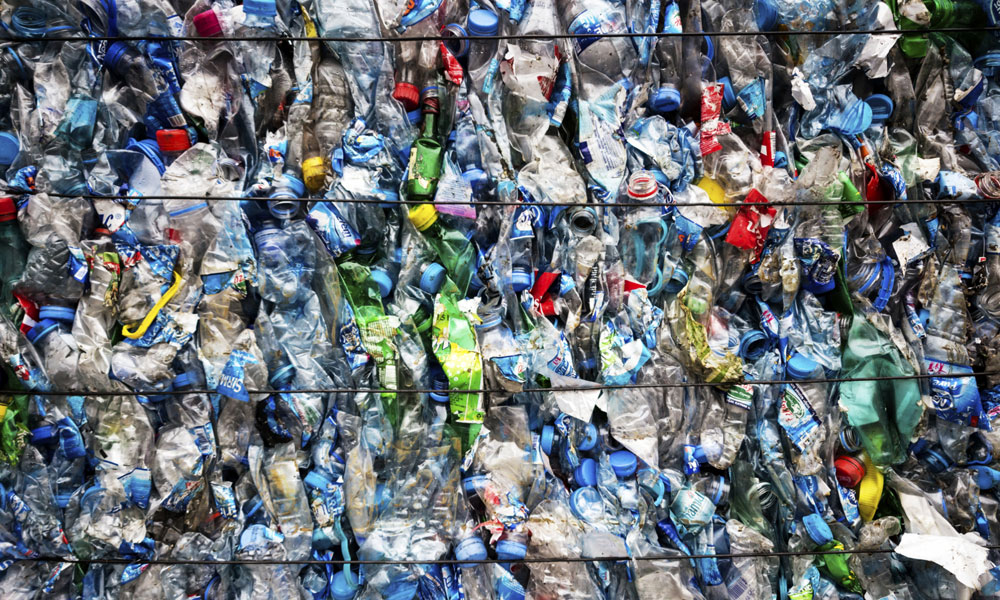
From Plastic to Oil? Chemistry Council Talks Up New Technique
The American Chemistry Council says that, if the kinks are worked out, a new plastic-recycling method could create jobs, help the environment, and generate billions in revenue and investment dollars. Sounds pretty cool, eh?
A cutting-edge recycling innovation doesn’t need any oxygen—and could have a huge economic impact if it gets off the ground.
That’s what a new report from the American Chemistry Council (ACC), a trade group for U.S. chemical companies, says. In Economic Impact of Plastics-to-Oil Facilities in the U.S., ACC and the Plastics-to-Oil Technologies Alliance break down the benefits of pyrolysis, a method of decomposing nonrecycled plastic materials at high temperatures without using oxygen. The process creates crude oil and other kinds of fuel, creating a new way of producing high-value oil.
In the report, the council notes the limits of traditional recycling: “While reuse and recycling are the preferred methods of plastics recovery, it is not always economically feasible—or even possible—for all plastics to be recycled, illustrating the opportunity for other economical means of recovering plastics.”
For plastics that can’t be easily recycled, this method could prove cost effective, the report explains, as well as be easily replicated across the country. The U.S. alone has enough nonrecycled plastics that go to landfills each year to support anywhere from 350 to 600 plastics-to-oil facilities. And ACC estimates that if the process were to catch on, it could generate as many as 38,900 new jobs nationwide, along with up to $8.9 billion in economic output—as much as $3.7 billion of which would be the direct result of increased oil production.
Some companies are fairly close to releasing solutions into the market. For example, the renewable energy firm RES Polyflow has an Ohio plant that’s expected to open in 2016.
“We are taking a waste stream that is in abundance and readily available in every large city, and turning it into a finished product with a lot of demand, instead of it just going into a landfill,” RES Polyflow’s CEO Jay Schabel told Chemistry World.
Pyrolysis technology could prove a good solution for municipal waste, along with being an alternative to dumping plastics that can’t be recycled into landfills, noted Steve Russell, vice president of the plastics division at ACC.
“The vision is for these technologies to be deployed in communities across the country,” Russell told Fuel Fix. “These would have a very small footprint and could even be co-located on current sites processing recycling streams.”
(iStock/Thinkstock)






Comments